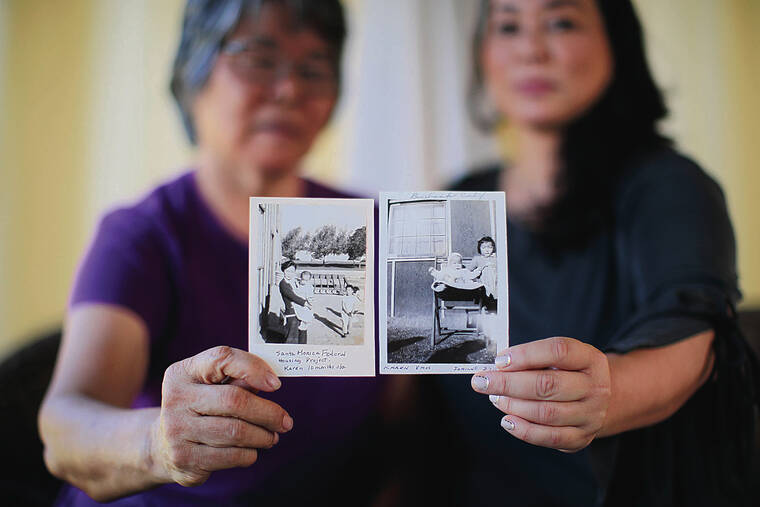The ongoing treatment of immigrants in the United States echoes a painful chapter from history, particularly for those in Hawaii. Current policies, including mass deportations, reflect a troubling trend where individuals are targeted based on ancestry or immigration status. This situation resonates deeply with the experiences of Japanese Americans during World War II, a time when fear and prejudice dictated national policy.
On December 7, 1941, the bombing of Pearl Harbor led to widespread discrimination against individuals of Japanese descent. Following this event, the U.S. government invoked the Alien Enemies Act of 1798, allowing for the detention and deportation of Japanese, German, and Italian immigrants. Approximately 9,000 individuals of Japanese ancestry were held in Department of Justice camps, often in dire conditions.
In February 1942, President Franklin D. Roosevelt signed Executive Order 9066, which authorized the mass incarceration of Japanese Americans. This directive resulted in the forced relocation of thousands from California, Oregon, and Washington to internment camps, justified by claims of “military necessity.” It took over four decades for the U.S. government to acknowledge the profound injustice inflicted on these communities, attributing it to “racial prejudice, war hysteria, and a failure of political leadership.”
The parallels to present-day practices are striking. The current administration has utilized the Alien Enemies Act to support mass deportations, where families are separated and individuals denied due process. Entire communities find themselves unjustly scapegoated amid national challenges, reminiscent of the past injustices faced by Japanese Americans.
Karla Hayashi, president of the University of Hawaii Professional Assembly and a descendant of a WWII incarceree, emphasizes the urgency of remembering this history. “We cannot allow fear and prejudice to dictate our nation’s policies once again,” she asserts. The incarceration of Japanese Americans serves as a stark reminder of how swiftly rights can be stripped away and how painstakingly slow the process of justice can be.
The stories of resilience and courage during that era stand out. Individuals like Lt. Gen. Delos Emmons, the military governor of Hawaii, resisted the call to round up all Japanese residents. Similarly, U.S. Attorney General Francis Biddle challenged the legality of mass removals, while FBI Director Robert Shivers defended the loyalty of Japanese Americans in Hawaii. Their actions illustrate that even in oppressive times, moral courage can prevail.
Today, advocates urge society to draw lessons from history. Places like Honouliuli, Manzanar, and Tule Lake remind us of the consequences of unchecked fear and prejudice. As Logan Narikawa, president of the Japanese American Citizens League in Honolulu, states, “We are called to that same courage — to stand up, speak out and protect the rights and dignity of every person, no matter their ancestry, faith, or immigration status.”
By reflecting on these historical injustices, there is hope for a future that learns from the past. Acknowledging the mistakes of previous generations is essential in ensuring that they are not repeated. The time for action is now, as society confronts the ramifications of fear-based policies that threaten the rights of vulnerable communities.





































































